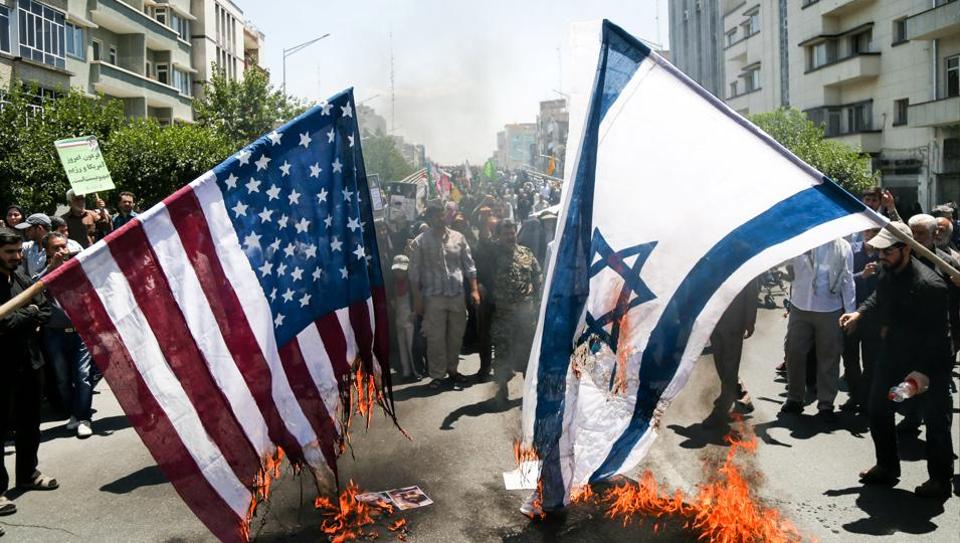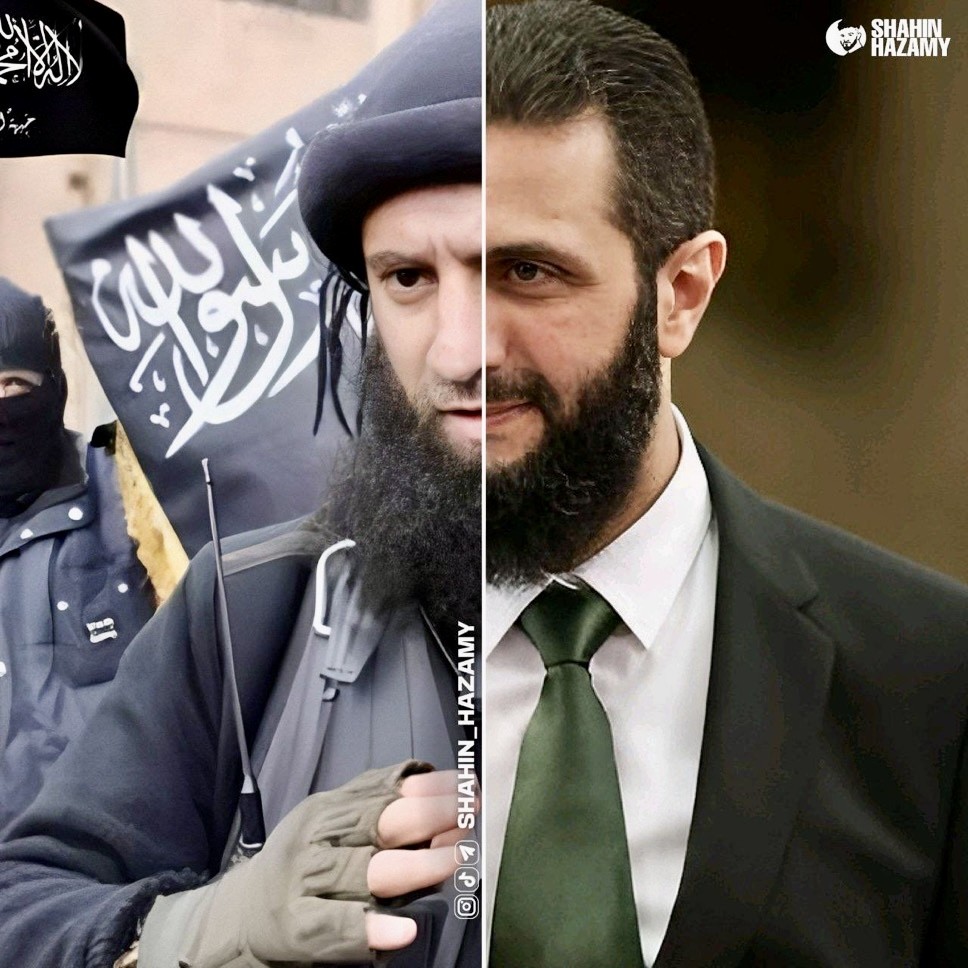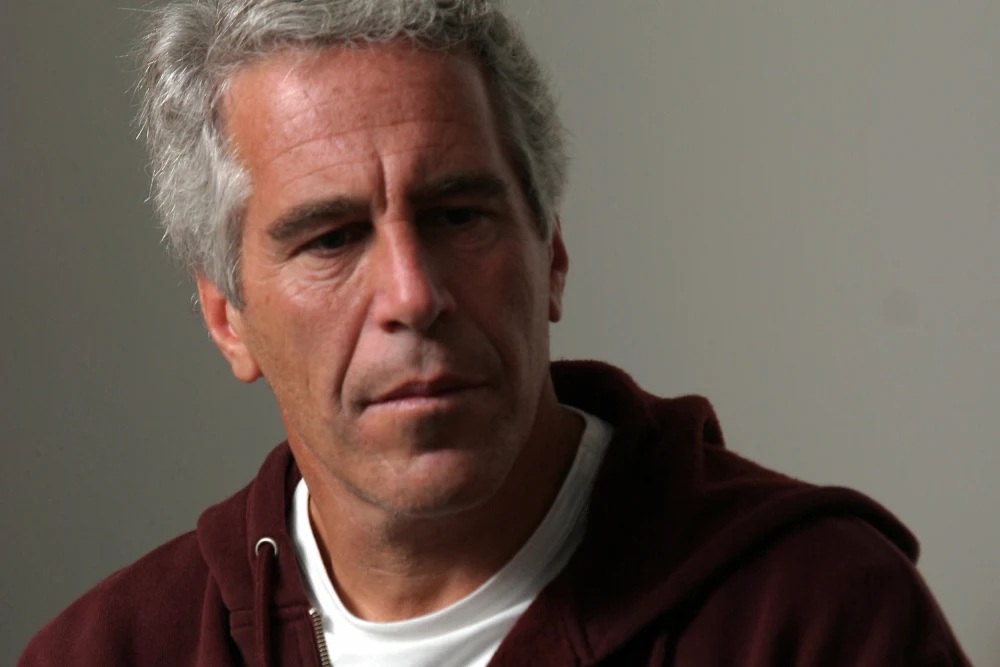
Qatar is working to de-escalate tension in the region by advocating for a return to the 2015 Iran nuclear agreement, state media quoted its foreign minister as saying.
“The State of Qatar is working on de-escalation through a political and diplomatic process to return to the nuclear agreement,” Foreign Minister Sheikh Mohammed bin Abdulrahman Al-Thani said on Wednesday, according to state news agency QNA.
The remarks came in briefing notes about two separate calls earlier in the week between Thani and U.S. Special Representative for Iran Robert Malley and U.S. National Security Advisor Jake Sullivan.
U.S. President Joe Biden’s administration is exploring ways to restore the nuclear deal that Iran signed with world powers but abandoned in 2018 by former President Donald Trump, who restored sanctions.
Thani said Qatar’s communication was going on with both Iran and the United States, given the strategic ties Qatar holds with both.
A breakthrough was reached last month to resolve a three-year dispute between Gulf Arab states and Qatar.
The pact was one in a series of Middle East deals sought by the Donald Trump administration - the others involving Israel and Arab states - aimed at building a united front against Iran.
For its part Iran has carried out its plan to produce uranium metal, the U.N. atomic watchdog confirmed on Wednesday, despite Western powers having warned Iran that would breach their 2015 nuclear deal as uranium metal can be used to make the core of an atom bomb.
Iran began breaching its nuclear deal with major powers step by step in 2019 in response to U.S. President Donald Trump’s withdrawal from the deal the previous year and Washington’s reimposition of sanctions on Tehran.
Iran has in recent months accelerated those breaches of the deal’s restrictions on its atomic activities, potentially complicating efforts to bring the United States back into the deal under President Joe Biden.
A law passed in response to the killing of its top nuclear scientist in November, which Tehran blames on its foe Israel, called for steps including opening a uranium metal plant. Iran told the International Atomic Energy Agency in December it planned to produce uranium metal fuel for a research reactor.
“Director General Rafael Mariano Grossi today informed IAEA Member States about recent developments regarding Iran’s R&D activities on uranium metal production as part of its stated aim to produce fuel for the Tehran Research Reactor,” the IAEA said in a statement.
Wednesday’s report, seen by Reuters, and a previous one said that Iran planned to carry out research on uranium metal using natural uranium before moving on to uranium metal enriched to 20%, the level it is enriching uranium to now, short of the 90% that is weapons grade.
“The Agency on 8 February verified 3.6 gram of uranium metal at Iran’s Fuel Plate Fabrication Plant (FPFP) in Esfahan,” the IAEA statement added.
France, Britain and Germany, all parties to the deal, last month said they were “deeply concerned” and that Iran’s uranium metal production had no civilian credibility but potentially serious military implications.
The 2015 deal’s central aim was to extend the time Iran would need to produce enough fissile material for a nuclear bomb to at least a year from roughly 2-3 months. Iran, however, denies ever pursuing nuclear weapons and says it only wants to use nuclear energy for peaceful purposes.
U.S. intelligence agencies and the IAEA believe Iran had a secret, coordinated nuclear weapons programme that it halted in 2003.
In related news a report by The Jewish Chronicle published on Wednesday revealed that the Iranian nuclear scientist assassinated near Tehran in November was killed by a one-ton gun smuggled into Iran in pieces by the Israeli intelligence agency Mossad.
Citing intelligence sources, the British weekly said a team of more than 20 agents, including Israeli and Iranian nationals, carried out the ambush on scientist Mohsen Fakhrizadeh after eight months of surveillance.
Reuters was not immediately able to confirm the report, which was published on the website of the London-based newspaper.
Iranian media said Fakhrizadeh died in hospital after armed assassins gunned him down in his car. Shortly after his death Iran pointed the finger at Israel, Foreign Minister Javad Zarif writing on Twitter of “serious indications of (an) Israeli role.”
Israel declined to comment in November and on Wednesday night an Israeli government spokesman responded to the latest report by saying: “We never comment on such matters. There has been no change in our position.”
Fakhrizadeh, 59, was long suspected by the West of masterminding a secret nuclear bomb programme.
He had been described by Western and Israeli intelligence services for years as the mysterious leader of a covert atomic bomb programme halted in 2003, which Israel and the United States accuse Tehran of trying to restore. Iran has long denied seeking to weaponise nuclear energy.
According to the Jewish Chronicle’s report, Iran has “secretly assessed that it will take six years” before a replacement for him is “fully operational” and that his death had “extended the period of time it would take Iran to achieve a bomb from about three-and-a-half months to two years.”
Giving no further details of its sourcing, the world’s oldest Jewish newspaper said the Mossad mounted the automated gun on a Nissan pickup and that “the bespoke weapon, operated remotely by agents on the ground as they observed the target, was so heavy because it included a bomb that destroyed the evidence after the killing.”
It said the attack was carried out “by Israel alone, without American involvement” but that U.S. officials were given some form of notice beforehand.
Source: Reuters





